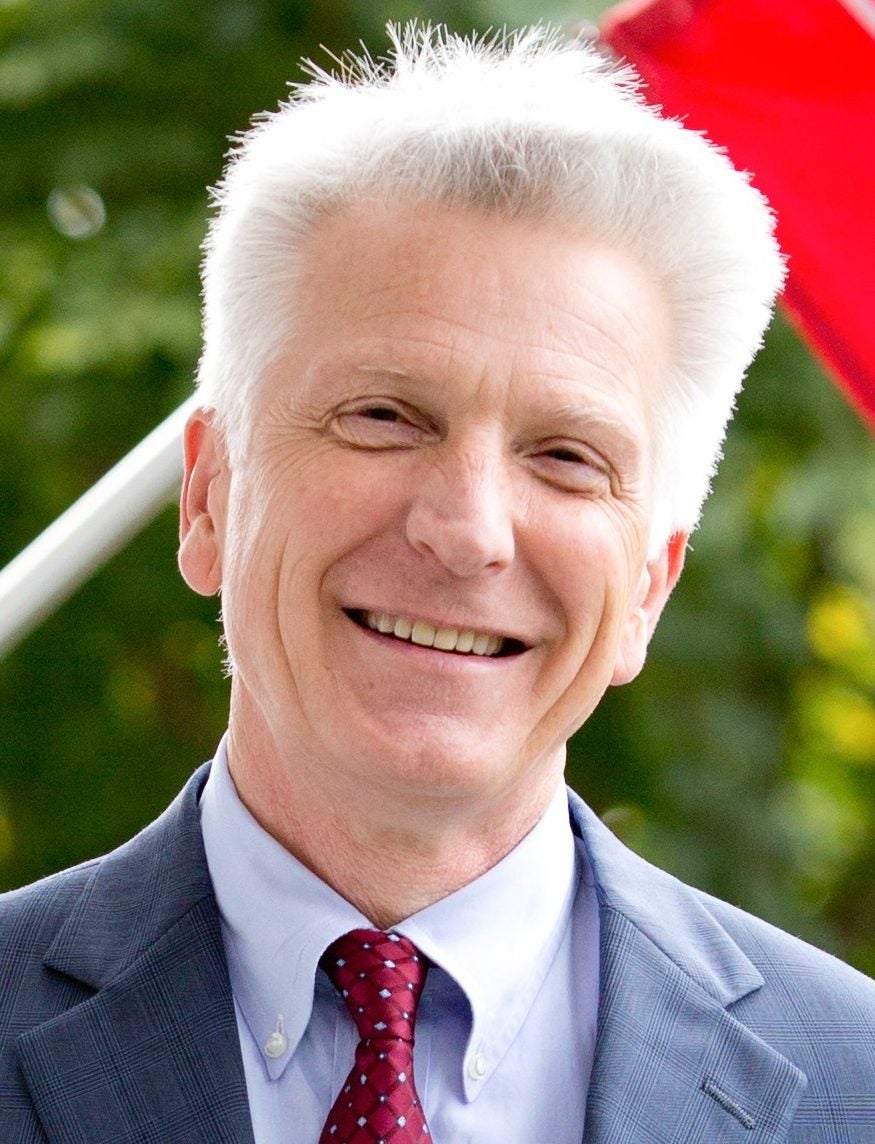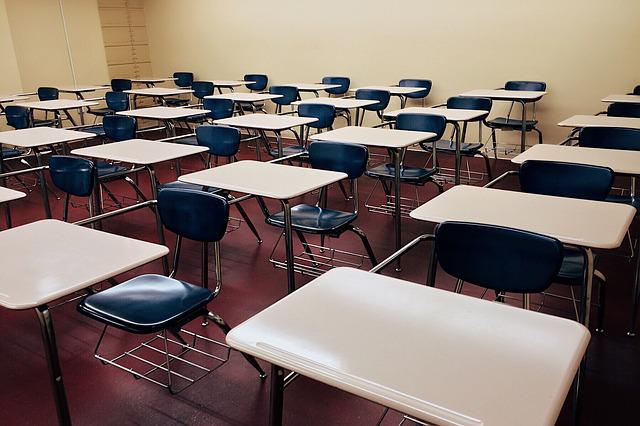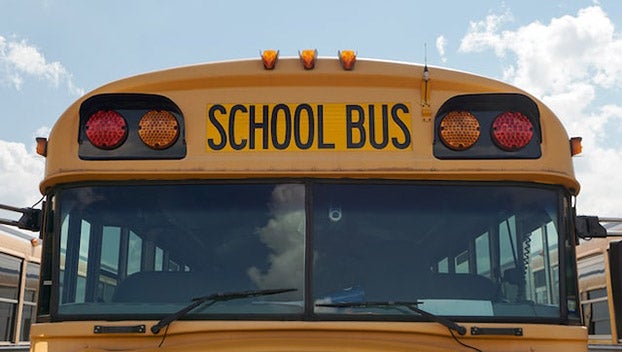On-campus classes resume in fall
Published 6:00 am Wednesday, May 13, 2020
|
Getting your Trinity Audio player ready...
|
Hampden-Sydney College (H-SC) will resume on-campus instruction this fall, H-SC President Dr. Larry Stimpert said to students in a May 1 email, which noted there will be coronavirus-related adjustments.
“I write to inform you that we will convene as a community and hold classes here at Hampden-Sydney this fall as we have for the past 245 years,” he said. “The educational experience we provide is based on in-person instruction in small classes and close mentoring, coaching and advising. And much of your education, and certainly much of the character development we prize at Hampden-Sydney, occurs outside of our classes as you govern yourselves and interact with professors, staff members and each other in so many meaningful ways.”
In a Thursday, May 7, interview, Stimpert pointed to approvals needed to make the college’s plan possible in the wake of country-wide shutdowns due to the COVID-19 pandemic.
“Obviously, we came forward with a pretty bold statement, but everything depends on the governor and public health authorities and that sort of thing, but we’re sure hoping it works,” he said.
Gov. Ralph Northam’s plan to reopen the state will begin to move forward Friday, May 15.
“It’s a lot easier to say we intend to be open in the fall than it is to be ready to be open in the fall, and that’s the work that’s before us over the next several weeks,” Stimpert said. “I will also say in terms of weighing the challenges, we would not have come forward with that announcement if we didn’t think that we could address all those challenges. So we feel very confident about our ability to be ready for the fall. We know the questions, we don’t know all the answers yet, but we feel confident in our ability to get those questions answered between now and August.”
Stimpert said the top thing making H-SC administrators feel confident that resuming on-campus instruction is the right decision is the college’s largest constituency — its students.
“Young, healthy people seem to have the least problems if they do contract the virus,” he said. “I think that it’s not that we don’t care if they contract the virus — and we’re going to do everything we can to minimize the spread of the virus on campus — but should students develop the virus, the rates of hospitalization, the rates of serious illness, even many young people have it and it’s asymptomatic for them, so that’s encouraging.”
He noted these facts allow his administration to put most of the effort on addressing the question, “How do we protect those who are most vulnerable on campus?” And he said the most vulnerable could include students, but it certainly includes faculty, staff members and the residential community at Hampden-Sydney.
In the May 1 email to students, Stimpert stated another factor making administrators confident students can be safe upon return is H-SC’s expansive rural campus, which is removed from the density of large cities and offers a natural environment for social distancing.
“The opening of our new residential complex this fall will also give us flex space elsewhere on campus where, if needed, we can quarantine and still serve those who develop symptoms or contract the coronavirus,” he wrote.
Next, Stimpert highlighted how an alumnus, who is also a current trustee, operates a company that provides cutting edge biological testing services throughout the country.
“He is giving us access to his company’s services so we will be able to regularly monitor surfaces and detect the presence of the coronavirus in our classrooms, residences and the Pannill Commons,” Stimpert wrote. “And, we are expanding our health services and procuring supplies to support our medical staff and to meet your health care needs.”
Stimpert said in the May 7 interview that he thinks schools have been very good about sharing information throughout the crisis, so he thinks H-SC is going to be learning from its peer institutions.
“As a private college here in Virginia, we’re part of an organization called the (Council) of Independent Colleges in Virginia, and all of us presidents, our chief financial officers, our academic deans, we’re all sharing information with each other,” Stimpert said.
In the email to students, Stimpert stated H-SC will have to make adjustments to its academic program, campus social life, living and dining arrangements and athletics programs to protect students and all members of the college community. Staff members will also continue to receive and follow guidance from the Virginia Department of Health and Centers for Disease Control and Prevention as circumstances and best practices are established or evolve.
“One thing I think is going to work in our favor is that we’re going to have a bit of a gradual reopening over the course of the summer,” Stimpert said. “Right now, we’re planning to have an in-person summer orientation where new students will come to campus this summer, and we’ll learn a lot from that experience.”
He said the college hopes to be able to reopen the TigeRec Center on campus once the governor lifts the ban on fitness centers, and much more will be learned from that experience.
“And then we do hope to, later in June, ask some of our research students to return to campus,” he said.
He indicated H-SC usually has between 35 and 40 students on campus every summer doing research with faculty members.
“And so those gradual reopening activities, I think, will be very helpful to us, and we’ll learn a lot from them, and they’ll be reflected then in what we share with students, faculty, staff (and) the community about our plans to reopen and what will be different on campus,” Stimpert said.






